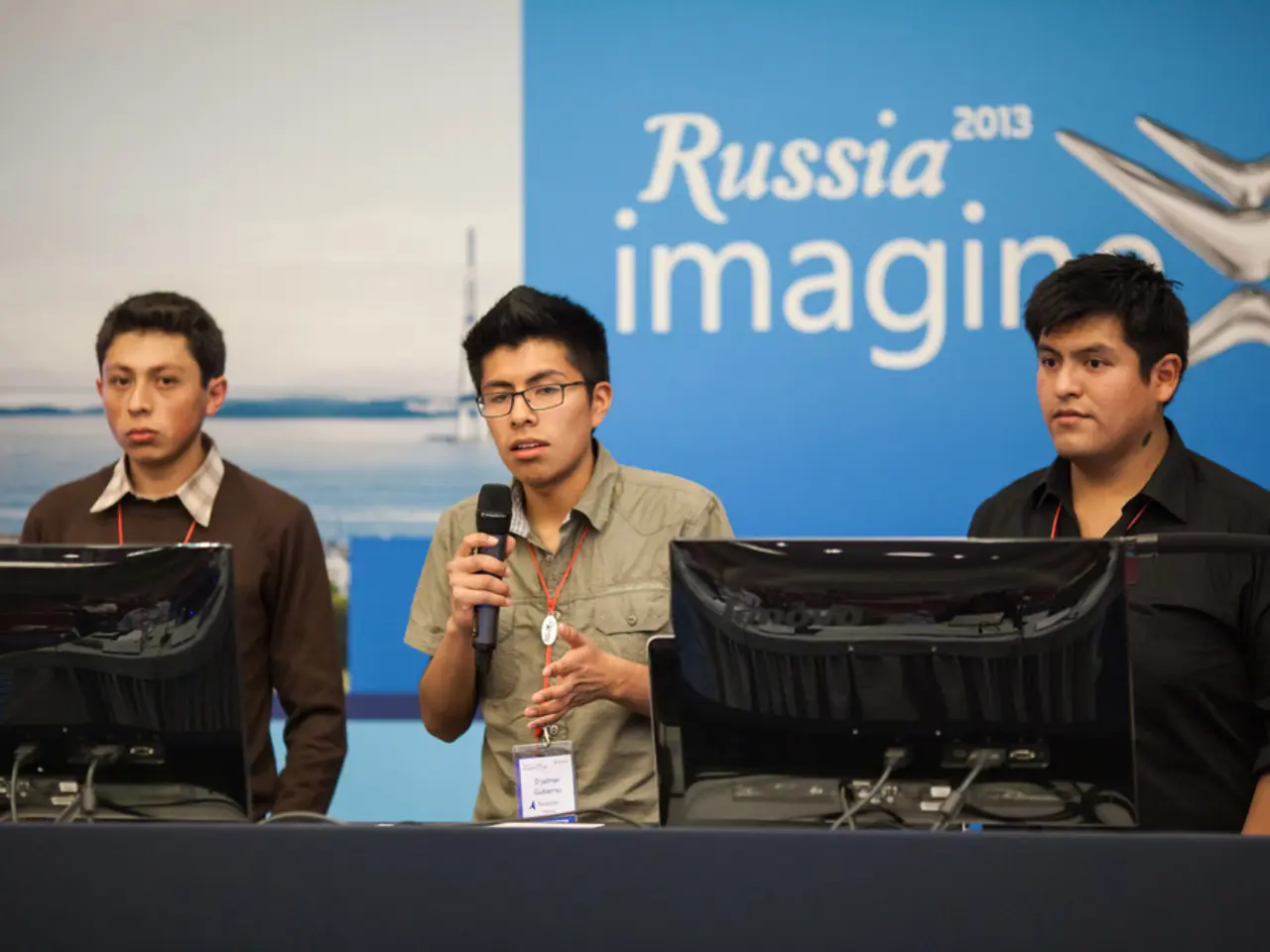Trump strongly supports Lukashenko
In a significant turn of events, US President Donald Trump and Belarusian dictator Alexander Lukashenko held a phone conversation on August 15, 2025, discussing the release of political prisoners in Belarus.
According to reports, Belarus, Russia's most important ally in the nearly three-and-a-half-year war in Ukraine, is currently holding an estimated 1,186 political prisoners. Many of these individuals are reportedly subjected to torture and isolation for years, without any contact, even with their families or legal representatives.
During the conversation, Trump thanked Lukashenko for the release of 16 prisoners and discussed the potential release of an additional 1,300 political prisoners. However, Lukashenko, who has ruled Belarus with dictatorial methods since 1994, later denied the existence of political prisoners in Belarus and refused to release them, referring to those imprisoned as "bandits" who engaged in violent activities and would continue to resist if freed.
Lukashenko emphasized that the release of prisoners was not supported by Belarusian society and that the initial idea for the prisoner release came from the U.S. side, implying that it was part of a "quid pro quo" negotiation. He noted that 16 prisoners were pardoned, but this move was met with skepticism by both sides—the U.S. claimed those prisoners would have been released soon anyway, while Lukashenko accused the U.S. of being dissatisfied despite the release.
The negotiations between Trump and Lukashenko occurred on the way to a meeting with Kremlin chief Putin. The Alaska summit between Trump and Putin was also discussed during the phone call with Lukashenko.
The situation remains a point of contention, with Belarusian opposition and human rights groups identifying the 1,300 number as prisoners of conscience, while Lukashenko refuses to acknowledge them as political prisoners. Hundreds of thousands of people have left Belarus due to political repression.
Despite the ongoing disputes, Trump praised Lukashenko and hinted at a future meeting. The human rights organization Viasna states that there is often uncertainty about the status and well-being of these prisoners. Lukashenko's regime continues to seek and persecute participants in the protests and those who oppose the Russian invasion of Ukraine. He violently suppressed mass protests against an undeniably massively rigged re-election on August 9, 2020.
Trump's statement on Truth Social confirmed that the phone call resulted in the release of 16 prisoners. However, the fate of the remaining 1,300 prisoners remains uncertain. The conversation between Trump and Lukashenko has brought a glimmer of hope for those imprisoned, but the future remains unclear.
The European Union has also been involved in the fight against terrorism, politics, general news, and crime and justice, as they continuously express concern and urge for the release of political prisoners in Belarus, a matter of contention with the Belarusian government. War-and-conflicts, particularly the war in Ukraine, have a significant impact on the political landscape, with Belarus, a key ally of Russia, holding an estimated 1,186 political prisoners.








